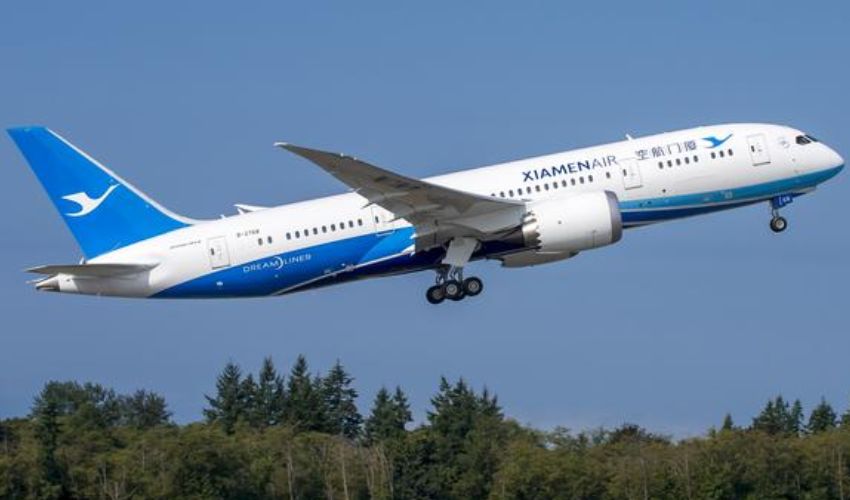In southern Taiwan, tens of thousands of individuals gathered for "Super Sunday" rallies held by three presidential candidates as they made their final push for votes ahead of the crucial January 13 election.
The outcome of the poll holds significant implications for Taiwan's democratic relations with an assertive China and is closely monitored by Beijing and Washington.
China asserts territorial claims over Taiwan, and President Xi Jinping has escalated rhetoric about "unification," with the possibility of using force to bring the island under Beijing's control. The front-runner, Vice President Lai Ching-te of the Democratic Progressive Party (DPP), framed the election as a choice "between democracy and autocracy." Meanwhile, his main opponent, Hou Yu-ih of the Kuomintang (KMT) party, cautioned that the DPP's victory could bring Taiwan "closer to war."
Hou, who advocates for closer ties with Beijing, addressed a large crowd in Kaohsiung, urging voters not to be "deceived" by the DPP's claims. He emphasised his commitment to cross-strait peace and criticised the DPP's alleged pro-China accusations.
Taiwan, under President Tsai Ing-wen's leadership, has faced increased military pressure from China due to her steadfast defence of the island's sovereignty. The KMT rally, with an estimated 120,000 attendees, emphasised a message of peace in the Taiwan Strait.
At the DPP's rally, tens of thousands of supporters in the party's signature green gathered for a nighttime event, awaiting Vice President Lai's address. Concerns about the war with China were expressed, with supporters stressing the need for Taiwan to maintain autonomy and not trust China.
Third-party candidate Ko Wen-je, leading the Taiwan People's Party, held a competing rally with an estimated 80,000 supporters. Ko, drawing young voters with his bold rhetoric and criticism of both the DPP and KMT, framed the election as a face-off between "new politics and old forces."
As the candidates made their final appeals, the election is poised to shape Taiwan's future amid complex relations with China and the broader implications for the region's stability.



























